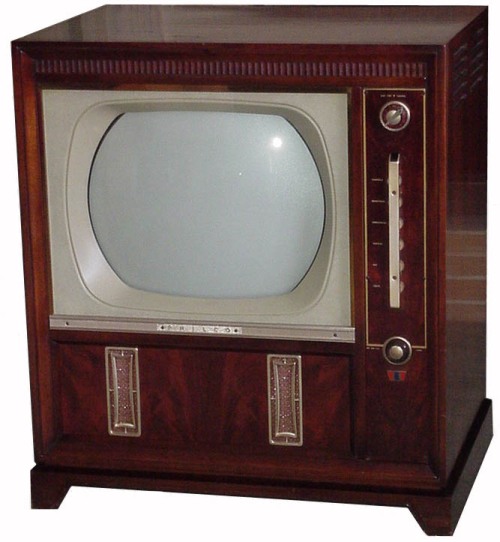
Contemporary Screen Narratives: Storytelling’s Digital and Industrial Contexts
Conference to be held on 17 May 2012
Hosted by Department of Culture, Film and Media, University of Nottingham
Keynote speakers: Henry Jenkins and Jason Mittell
This one-day conference looks to trace connections between the narratives of contemporary screen media and their contexts of production, distribution and consumption. We refer here to narrative as the presentation and organisation of story via the semiotic phenomena of image, sound and written/spoken word. We anticipate that speakers will explore ways in which stories and their on-screen telling are informed by contemporary industrial and technological conditions. We invite contributions from postgraduate and early-career researchers working across screen-based narrative media, such as film, television, comics, literature, video games and other areas of new media. We are interested to receive all paper proposals pertinent to the conference topic, though we particularly welcome those that engage with the following themes and questions:
Industrial determinants. In what ways are stories and their telling contingent on the production cultures, distribution methods, revenue models and governmental policies that configure a given creative industry?
Digital Technologies. How has the construction and/or reception of narratives been influenced by digital production equipment, distribution tech, online platforms and consumer hardware devices?
Seriality and Transmedia: In what ways do serial narrative forms, whether disseminated within a given medium or across multiple media, reflect industrial and technological contexts?
Audio and Visual Styles: How are the sounds and visions of contemporary screen narratives informed by conditions of production and reception technologies?
Paratextual Surround: In what ways do promotional materials, practitioner discourses, fan cultures and critical/journalistic responses discursively frame screen narratives?
Send abstracts of 250 words to both:
Anthony Smith – aaxas4@nottingham.ac.uk
and
Aaron Calbreath-Frasieur – aaxac2@nottingham.ac.uk
Papers should not exceed twenty minutes in length.
The deadline for proposal submission is Monday 13 February 2012.
Deadline for proposal submission is now: 4 March 2012.
(Original CFP here: http://contemporaryscreennarratives.tumblr.com/)






